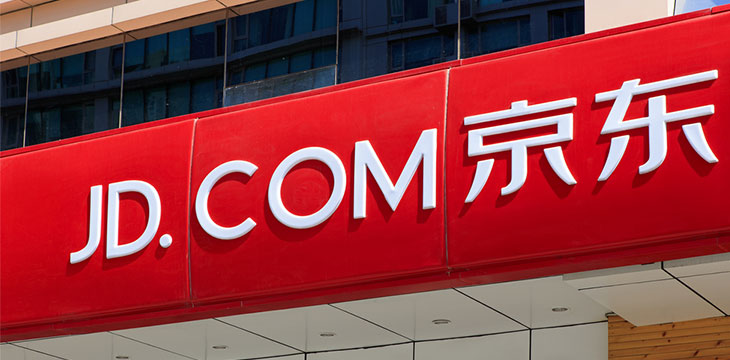
Hopefully this will put an end to fake meat, such as the rat mutton.
Beijing-based e-commerce giant JD.com has partnered up with global meat merchant InterAgri to employ blockchain technology and track down their meat supply—from their source farm in Australian beef and cattle exporter HW Greenham & Sons down to the end consumer. The move hopes to help curb the circulation of counterfeit meat from unsafe and unverified sources by differentiating their meat products with a proof of authenticity.
For several years, China has been battling illegal and unsafe supply of goods, including meat. Apart from meat that may possibly have been contaminated by drugs and disease, some are even selling fake meat. In 2013, the government seized 20,000 tonnes of illegal meat products, including fox, mink, and rat meat being passed off as mutton. A total of 904 were arrested within three months of the crackdown, with one of the suspects reportedly earning over £1 million ($1.38 million) over a span of four years through selling illegal meat.
In a press release, JD says their smart supply chain project will enable consumers to verify where their meat is sourced from, how they were processed and transported. JD CTO Chen Zhang believes the blockchain product will increase confidence from their 266 million consumers.
“We’re excited to partner with InterAgri to deliver this level of transparency to our 266 million customer base. We’re increasingly implementing blockchain-enabled traceability solutions to give consumers confidence that they are buying safe, reliable products for their families. Consumers in China don’t just want quality imported products, they want to know that they can trust how and where their food is sourced, and blockchain helps us deliver this peace of mind,” Chen said.
JD is not alone in pursuing this direction for managing and securing the supply chain. In 2016, Walmart also deployed a blockchain project to monitor food products, and pinpoint any contaminated sources faster and more accurately. Walmart’s system also increases accountability since it records and shows the name of the inspector (or inspectors) that gave a particular product the clear.

 09-20-2024
09-20-2024


